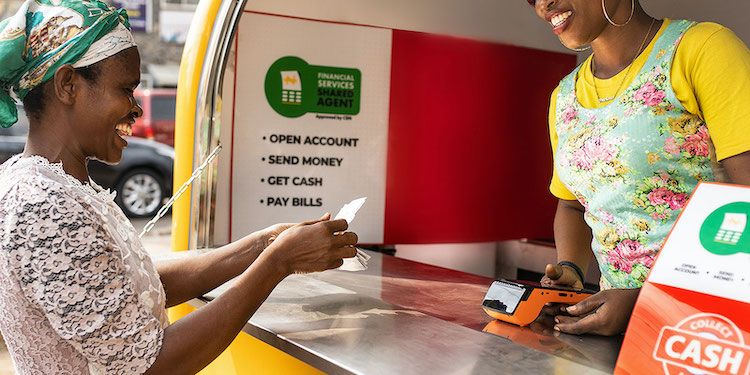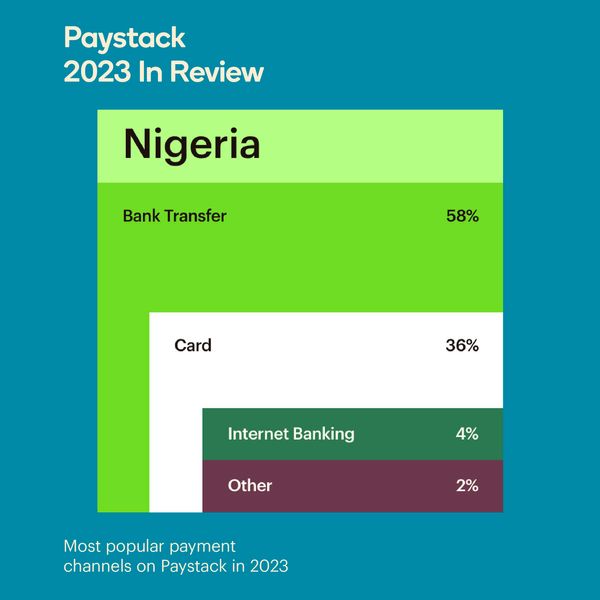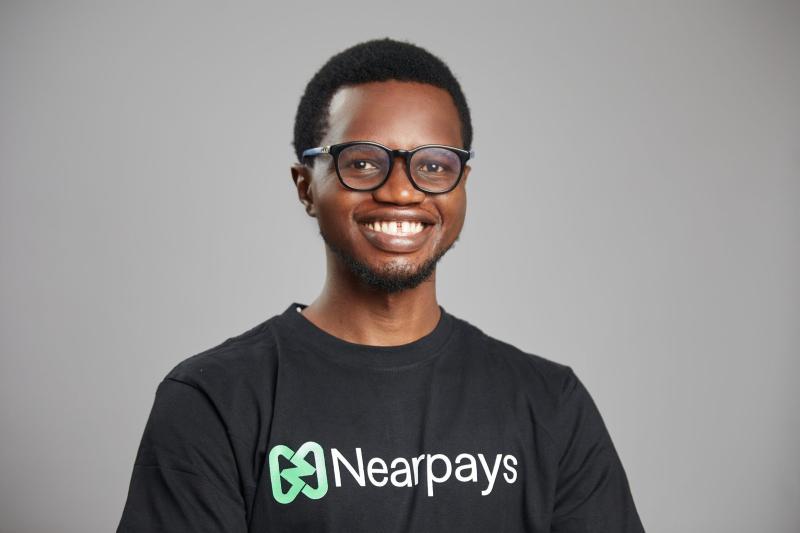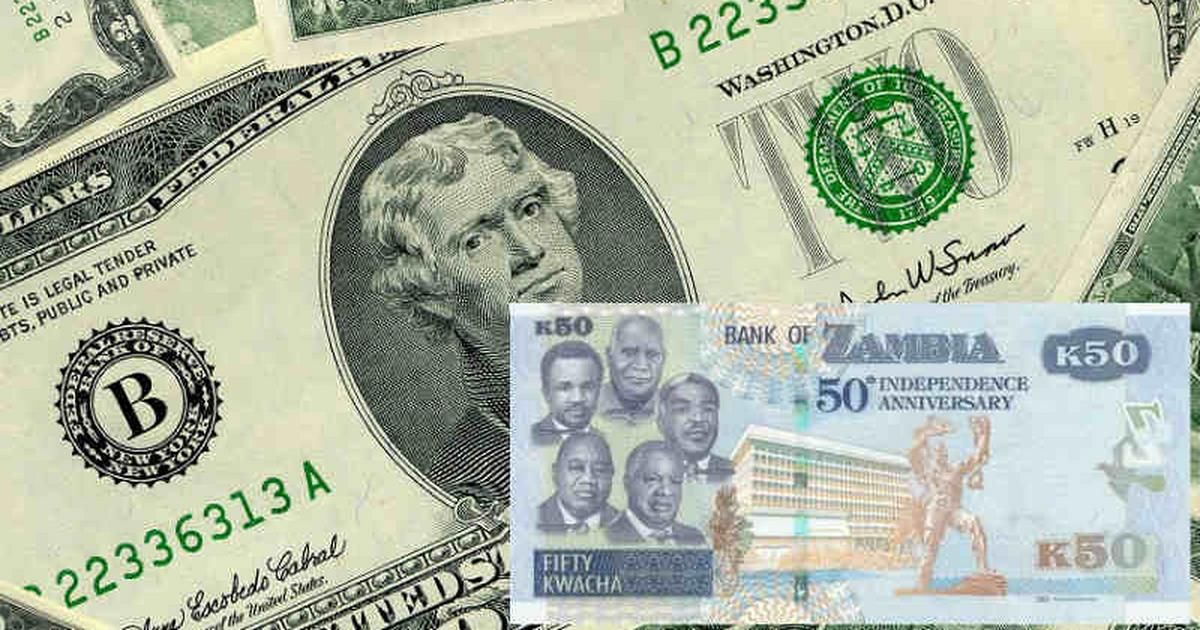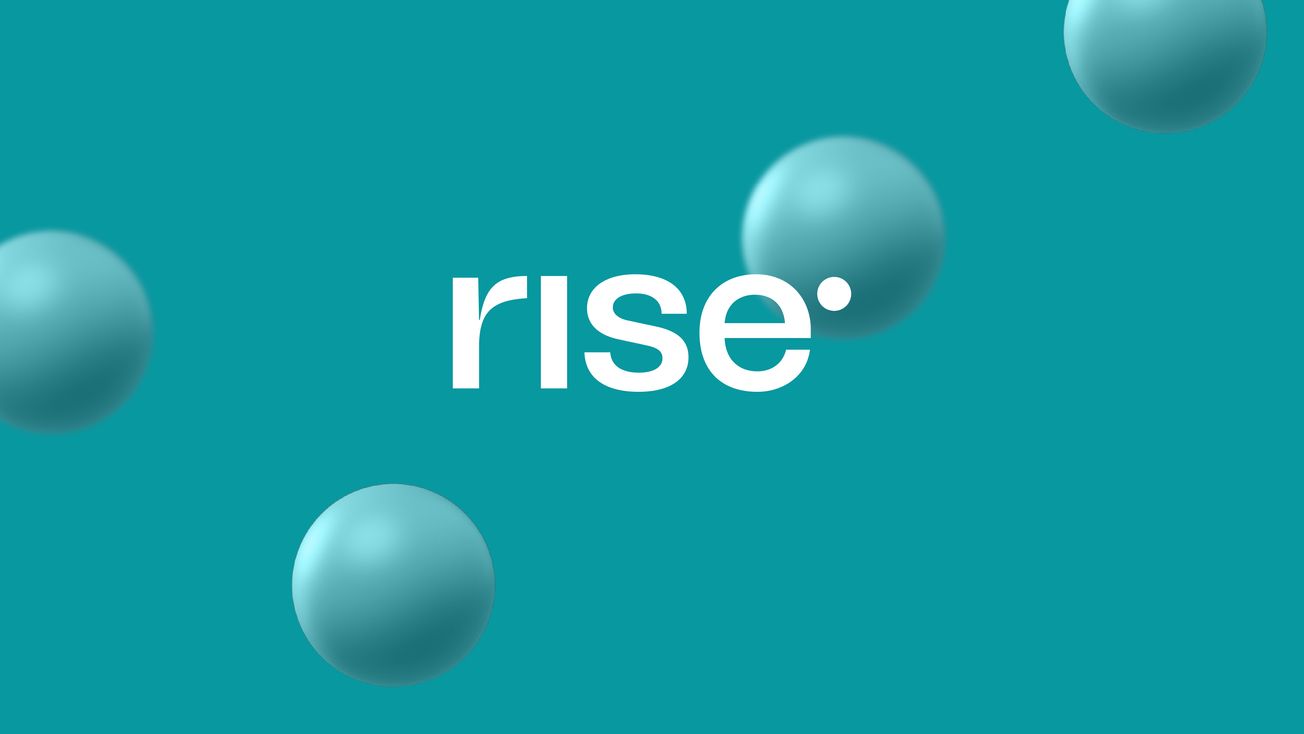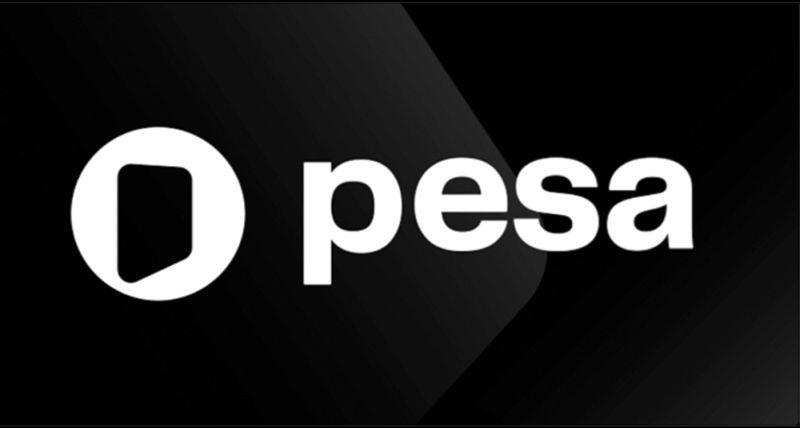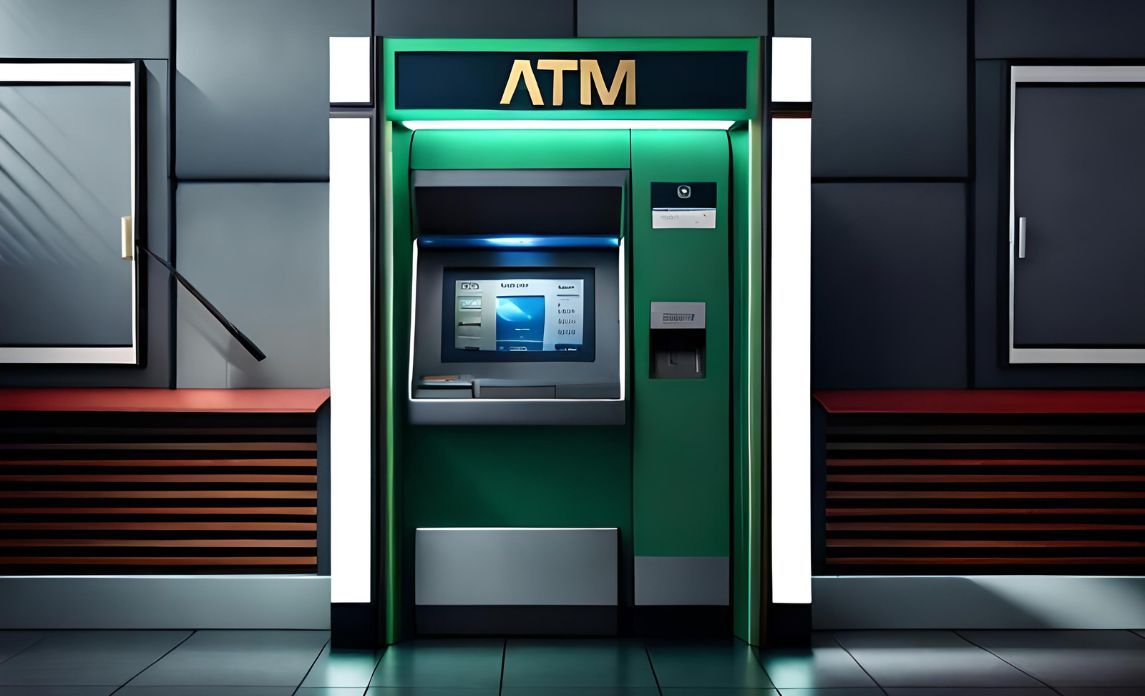This is the first post I am making on “My Experience”. The inspiration for this is to share my experience, thoughts, and knowledge on finance and financial technology globally, in Africa, and in Nigeria. Experiences are not the same for everyone, which is why I came up with that as a title for the opinion posts that will follow. The goal is to help you see what I see, compare your experience to mine, and learn about as well as predict national financial markets, regional concerns and the global economy.
Agent banking. Familiar with the term? Or perhaps you are more familiar with names like Paga and MoMo in Nigeria. Those are agent banks.
In a proper definition, agent banking is the provision of limited banking and financial services to people, often underserved populations, through engaged agents under a valid agency agreement. These agents, who typically are small businesses with an outlet/physical brick and mortar building, conduct banking and financial services transactions on behalf of a bank.
We reported that First Bank of Nigeria has about 80,000 agents in 772 out of 774 local government areas in Nigeria. For a non-bank entity, TeamApt revealed on January 8 that it grew its agent network to 50,000 agents, present in every Nigerian state. There are other banks and non-bank entities that also run agent networks. The popular Paga comes to mind, and more recently, OPay.
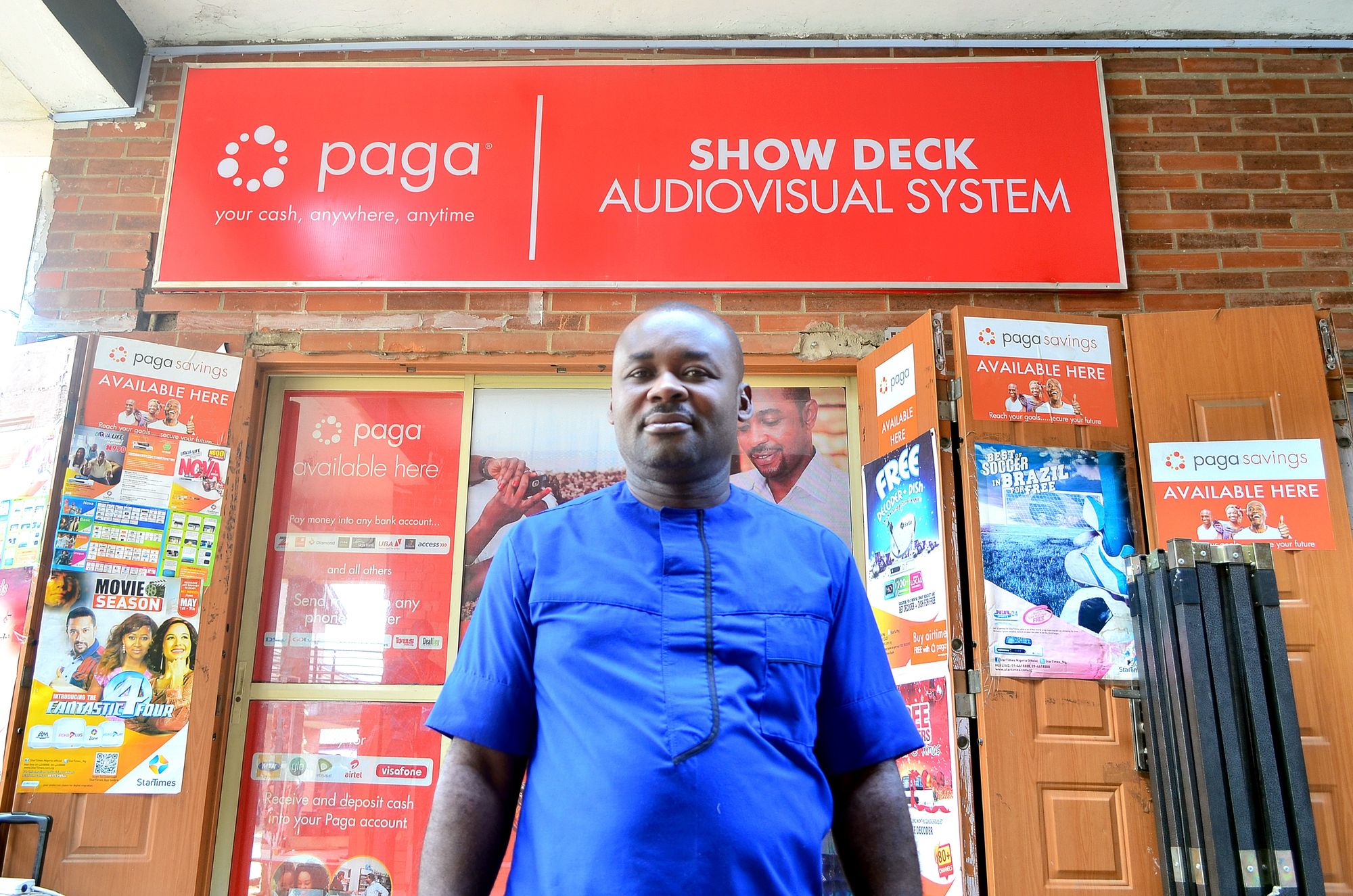
My experience with agent banks started last year, and it was because of the coronavirus pandemic. Prior to that, I always preferred walking to ATMs to withdraw money, and relied on mobile apps for the rest of my financial needs as a digital native. Honestly, I would prefer paying for goods and services wherever with my mobile phone and/or credit or debit card, but Nigeria is not there yet.
In retrospect, I should have moved to agent banks earlier, but I was schooling and there was the absence of agent banks on campus. For my service year, a bank building was about a 5 minutes’ walk from where I lived, so there was no need for an agent bank. At my primary home though, I still preferred to go to banks to withdraw, in spite of the significant distance hurdle.
The coronavirus pandemic however changed all that, as I could not bear with the queues anymore (always hated them anyway), and simply just switched to agent banks close to me. It turns out that I am not alone in that. Data from Shared Agent Network Expansion Facilities (SANEF), an organization set up by the Central Bank of Nigeria to accelerate financial inclusion, show that agents transactions surged by 859% during the first national lockdown in March/April 2020.
The World Health Organization in early March 2020 announced that bank notes may be able to carry and spread the (corona) virus. The organization also urged social distancing. For me, it was the latter that forced a lifestyle change in the way I withdrew cash. There are quite the number of agents around me, and two very close to me. It made sense then, to walk to these agents to withdraw cash (the only transaction I conduct with agents).
These agents usually have very little to inexistent queues, and are typically fast.
Projecting my experience, do I think agent banking is here to stay and will be widely adopted?
I do think so, and I think it already is widely accepted.
Data from EFInA for the year 2018 show that there are 99.6 million adults in Nigeria. 39.5 million adults are banked, equating 39.7% of total adults. The unbanked population have as the biggest obstacles to having a bank account, affordability and institutional exclusion. To be more clear, their biggest obstacles to not having a bank account are because of irregular income and because banks are too far.
There are only 4.3 branches per 100,000 people in Nigeria, compared to a global average of 11.7 branches per 100,000 people globally. This, and the issue with affordability and institutional exclusion, makes agent banking too important for Nigerians, both banked and unbanked. Agent banks bring the unbanked into the formal financial service industry, and provide ease, speed, and convenience for the banked, like in my case.
However, in the longer term, I think cashless will be the norm, supported by agent banking and banks physical branches. With the next generation being naturals in things digital, and this current young generation being digital natives themselves, at least in major cities, it seems to be just a matter of when rather than if.
Update: I did a podcast about agent banking with Tochukwu Egesi, founder and CEO at Inclusion Times. Listen to the podcast here: https://anchor.fm/tochukwu-egesi/episodes/Agent-Banking-in-Nigeria-ep3a70.
Nigeria in focus:
Population: 200.9 million (2019)
GDP: $448.12 billion (2019)
GDP Per Capita: $2,229 (2019)


